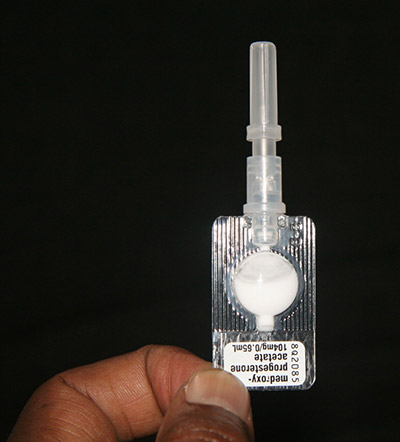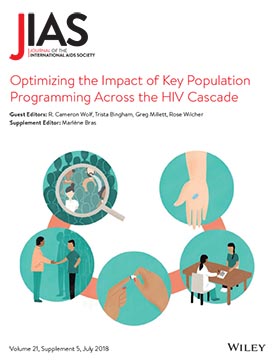Total Quality Leadership and Accountability: Reaching the last mile in HIV epidemic control
At recent global health meetings that assessed progress made against the HIV epidemic, presentation after presentation confirmed that the world is inching closer to epidemic control. The excitement at these gatherings was palpable. It would be the first time in human history that such a public health milestone would be achieved without either a cure or a vaccine.
As technical experts attending these meetings, we were struck by the critical importance of logistical and operational interventions, alongside biomedical ones, to reach the last mile. Yet, unlike the private sector, public health systems in low- and middle-income countries often remain underfunded and understaffed. This environment can make project management very challenging.

 Self-management. Self-testing. Self-awareness. These are three pillars of self-care interventions that can help promote the sexual and reproductive health and rights (SRHR) of women, men and youth according to
Self-management. Self-testing. Self-awareness. These are three pillars of self-care interventions that can help promote the sexual and reproductive health and rights (SRHR) of women, men and youth according to 